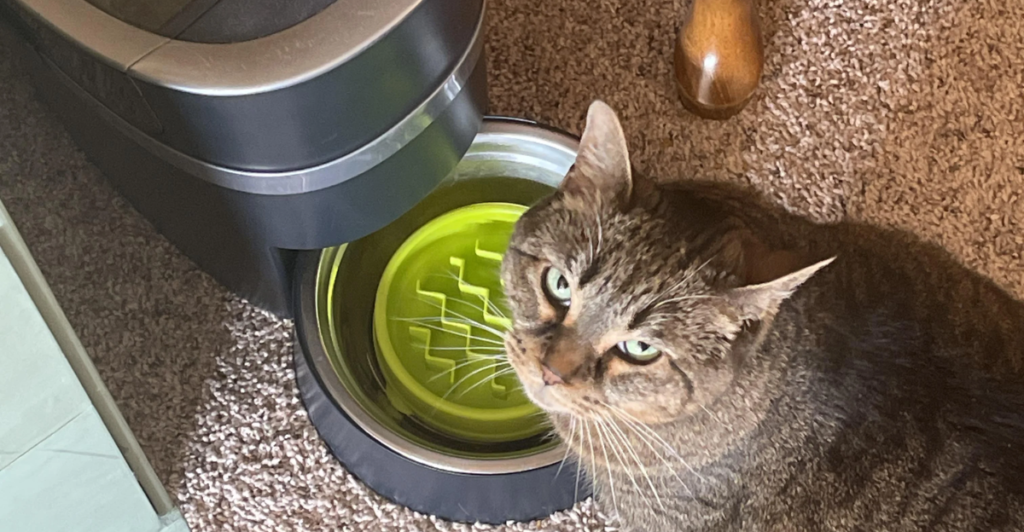
Cats are private, secretive creatures, but they’re also highly aware of their environment. Although we think we’re giving our feline companions lots of love and attention, some of our daily habits may be inadvertently contributing to their stress levels. From loud noises to irregular schedules, small things can have a significant impact on a cat’s life.
By being aware of these daily mistakes, you become a more considerate pet parent and ensure that your home is a relaxing and stress-free environment for your cat. Further, avoiding these common mistakes can significantly improve your cat’s quality of life and your relationship with it. Let’s dive into the daily routines that are potentially annoying your cat and consider how you can do things differently.
1. Forced Affection

Most cat lovers will confirm that these majestic creatures adore attention, but only on their own terms. If you habitually pick up, hug, or pet your cat when they are not in the mood for such attention, you may unintentionally make them feel uncomfortable or even stressed.
Unlike dogs, cats are very independent animals and tend to prefer dictating the terms and extent of physical contact. Research has demonstrated that cats become more stressed when they are handled involuntarily.
Rather than trying to force affection, allow your cat to come to you. It is important to notice their body language—if their tail is twitching or their ears are flattened, it’s time to back off. Giving them space when needed increases trust, making them more likely to seek out affection willingly.
2. Forgetting the Litter Box

One of the greatest feline stressors stems from a dirty litter box. Wild cats bury their feces to avoid attracting predators, so cleanliness is an instinctual behavior. According to research, 10% of cats that go outside of the litter box do so due to cleanliness. So if you fail to clean your cat’s litter box regularly, they will find alternative places to conduct their business, such as carpets, beds, or laundry baskets.
Due to their sensitive sense of smell, veterinary experts recommend cleaning out the litter daily and replacing it once a week. In addition, scented litter or the use of strong cleaning products can irritate their senses and discourage them from using the litter box. Therefore, use unscented litter and mild soap when cleaning to keep your cat calm and stress-free.
3. Irregular Feeding Time
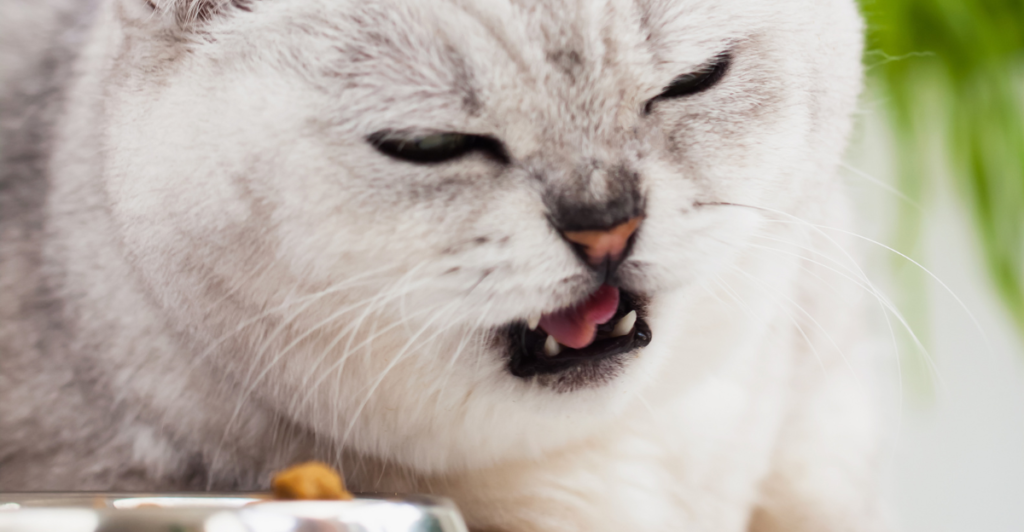
Cats are creatures of habit, and an irregular feeding time will result in undue stress because their natural instincts tell them that irregular meals mean they are in danger. Therefore, unpredictable meals can lead to stress, overeating, or behavioral problems, such as excessive meowing or aggression.
To establish a routine that coincides with the cat’s inner clock, veterinary experts suggest feeding your cat at a specific time each day. If this is challenging for you, consider automated feeders to help maintain a routine meal schedule. A regular feeding routine not only reduces stress but also means that your cat will maintain healthier weight and digestion cycles.
4. Loud Noises and Sudden Movements
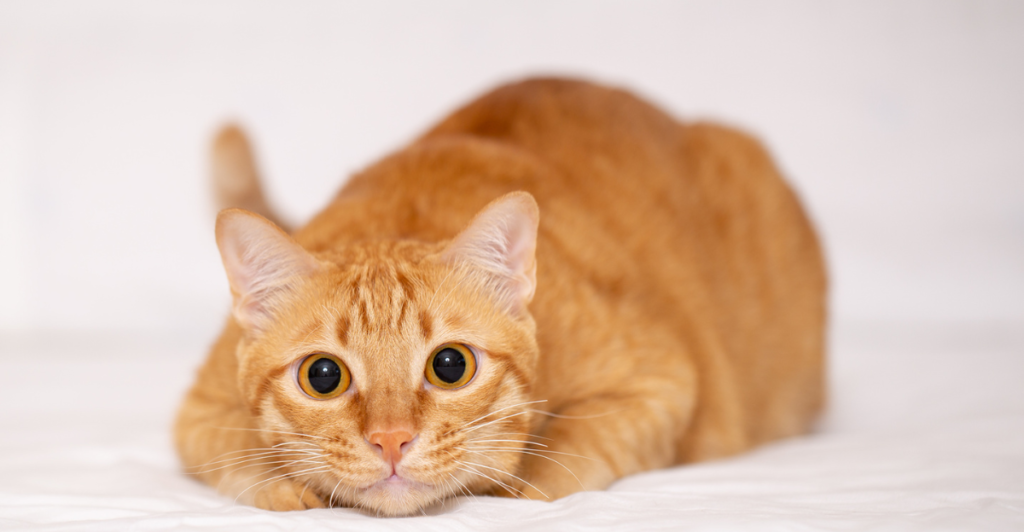
Cats have very sensitive hearing, which allows them to detect even the faintest sounds, and a keen instinct for danger. While useful in the wild, this makes them highly vulnerable to stress from loud noises, such as fireworks, vacuum cleaners, or even yelling.
Additionally, sudden movements, such as running toward them or waving objects in their face, can also be perceived as threats. Repeated exposure to loud noises and unpredictable behavior can lead to behavioral problems, such as hiding, aggression, or excessive grooming.
To minimize stress, keep your cat’s environment as quiet and predictable as possible. If loud noises can’t be avoided, consider using calming agents such as catnip or providing safe hiding spots where your cat can retreat and still feel protected.
5. Neglecting Carrier Acclimation
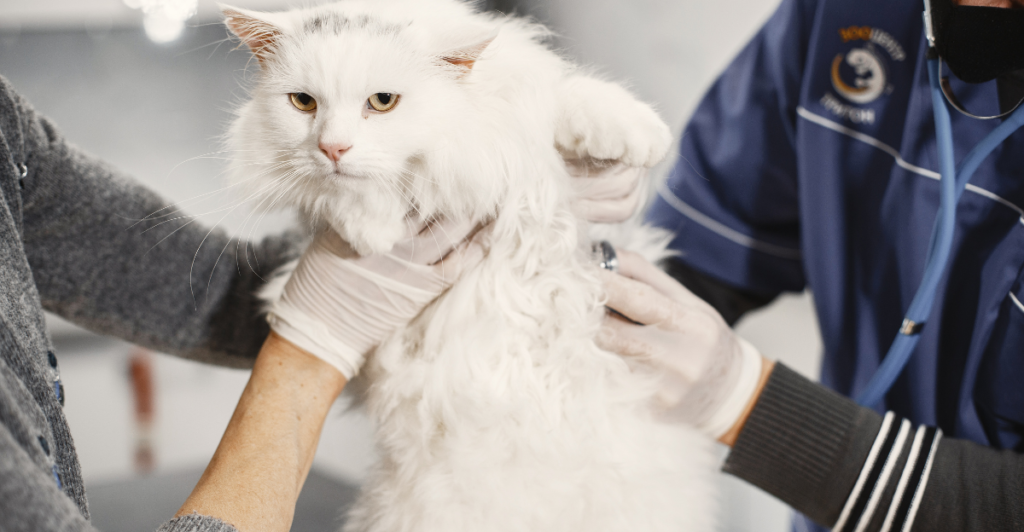
Most cats only associate their carrier with bad experiences, such as vet visits and long car rides, which are stressful situations to begin with. If the only time your cat sees the carrier is when something unpleasant happens, the cat will naturally fear it.
Instead of storing the carrier in a cupboard somewhere, leave it out, open the door and place soft bedding or treats inside. This allows your cat to find it in their own time and learn to think of it positively. Doing this will help your cat learn that when traveling time arrives, they need not panic and struggle, making outings much less traumatic for both of you.
6. Forgetting Playtime
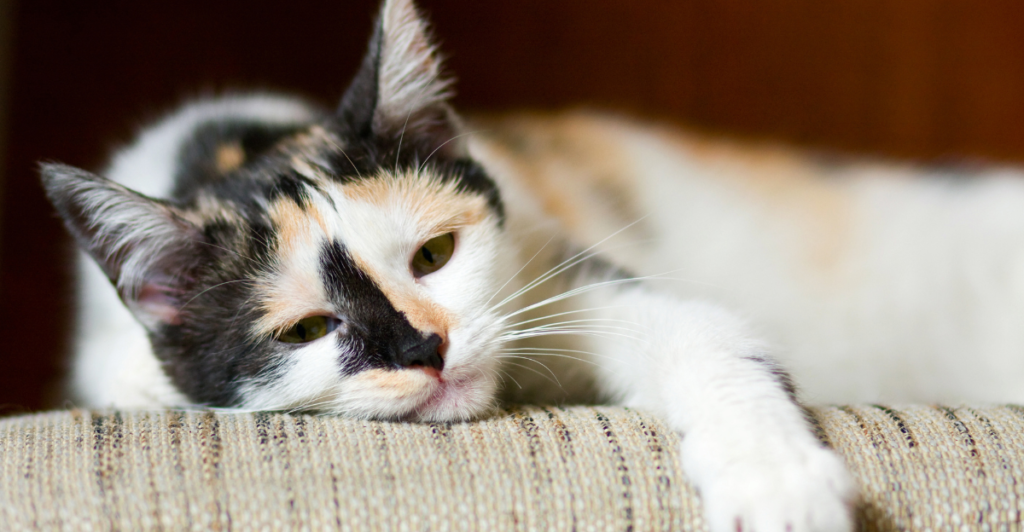
Cats, even indoor pets, have an innate necessity to hunt, stalk, and pounce. Without daily playtime, they can become bored, frustrated, or even depressed. This can lead to destructive activities, such as scratching furniture or knocking items off shelves. Play also prevents obesity and guarantees overall health.
Experts recommend at least two short play sessions per day with interactive toys, such as feather wands, balls, or laser pointers. Rotating toys regularly makes it more exciting and mimics the unpredictability of real prey. Playing with your cat allows them to burn off pent-up energy, reducing stress and preventing unwanted behaviors.
Additionally, consider maximizing your cat’s vertical space to help keep it occupied, especially when you aren’t home. As natural climbers and hunters, cats like to be above the ground, so incorporating cat trees or shelves can help stimulate exercise and reduce stress.
7. Neglecting Scratching and Grooming Needs
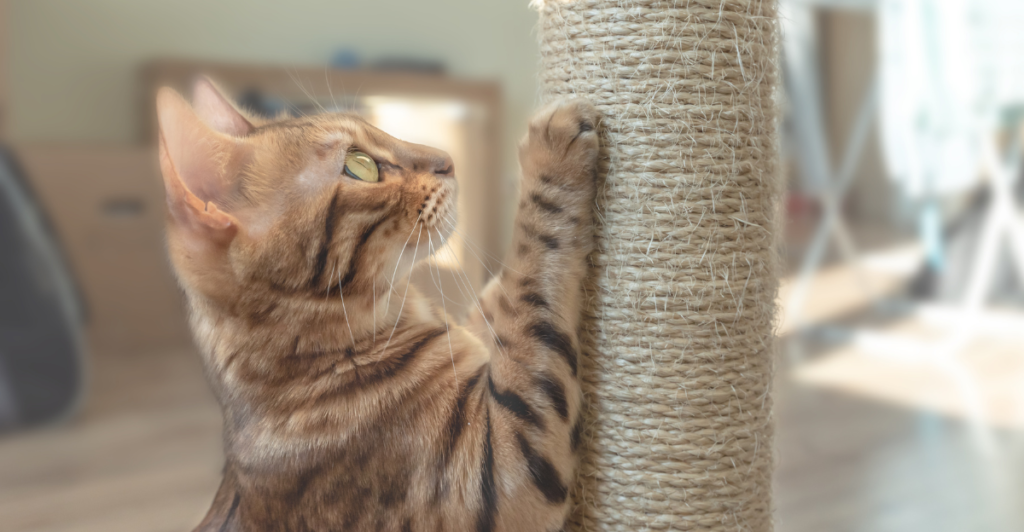
Scratching helps cats stretch, mark territory, and maintain sharp, well-conditioned claws. If your cat lacks a suitable place to scratch, the furniture, carpets, or walls may take a beating. As a result, many cat owners incorrectly admonish their cats when they scratch the wrong areas, causing confusion and stress.
Instead, provide multiple scratching pads or posts with different textures, such as sisal, cardboard, or carpet, and place them where your cat already likes to scratch, such as near furniture or doors. This encourages appropriate scratching behavior that both keeps your cat content and your belongings intact.
Further, while cats are meticulous groomers, some breeds need a little human assistance. Not grooming your cat regularly can lead to irritation and obsessive licking from skin irritation. By brushing them frequently, you can prevent tangles and strengthen your bond with them.
8. Minimizing Vertical Space
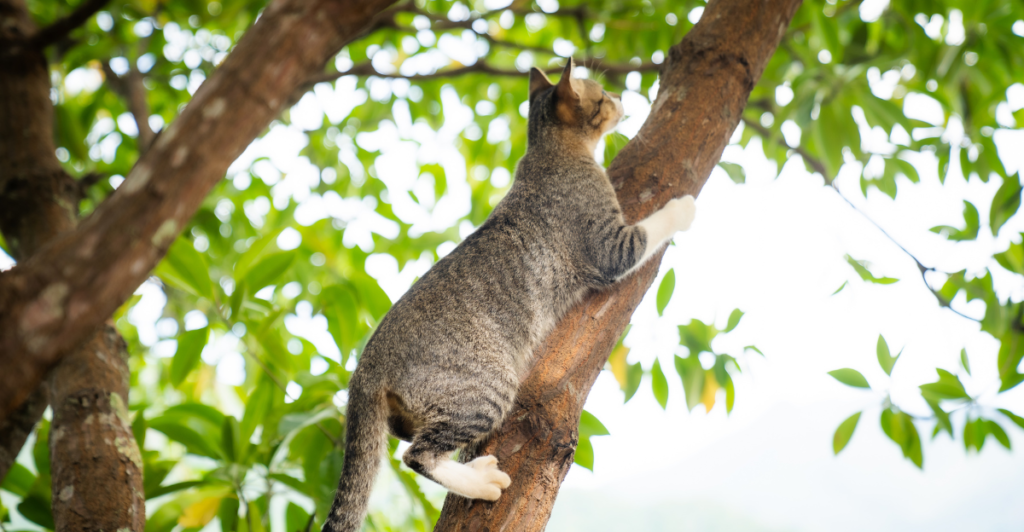
As we have already touched upon, cats are natural climbers and feel safest when they’re able to ascend to a high point to scope out their kingdom. Not having things to climb on can result in your cat feeling frustrated and bored.
Therefore, introduce vertical space, such as shelves, cat trees, or window perches, where your cat can climb and recline. Since this is a form of therapy, it provides added exercise for indoor cats while satisfying their instincts and reducing stress.
Further, in multi-pet homes, vertical space is even more important because it allows cats to escape from altercations. A lack of climbing space can lead to anxiety and territorial battles.
9. Failing to Recognize Overstimulation
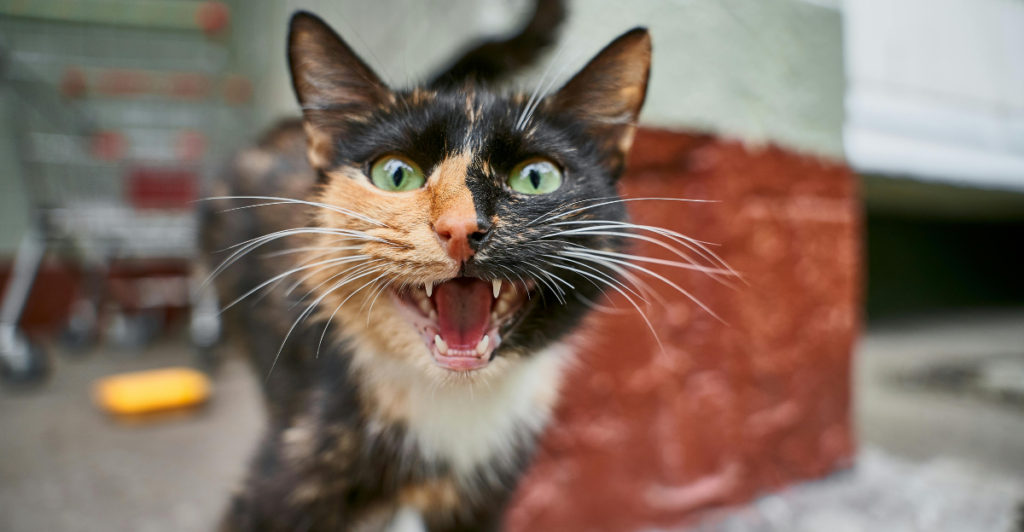
While petting is enjoyable for many cats, overstimulation can quickly turn a sociable encounter into an aggressive one. Many owners ignore the subtle warning signs of overstimulation, which include a lashing tail, flattened ears, or rolled skin.
If ignored, these signals can result in scratching or biting. So, instead of forcing long petting sessions, notice your cat’s posture and stop the interaction before they get agitated. This will ensure that your cat feels safe, enjoys interacting with you, and establishes a trusting relationship.
If your cat gets overstimulated regularly, consider slowing your strokes down and a gentler touch, as opposed to rapid petting motions, to keep them relaxed. Remember that cats like to dictate the level of contact they have with those around them, so listening to their cues will help foster a stress-free environment.
Explore more of our trending stories and hit Follow to keep them coming to your feed!

Don’t miss out on more stories like this! Hit the Follow button at the top of this article to stay updated with the latest news. Share your thoughts in the comments—we’d love to hear from you!







